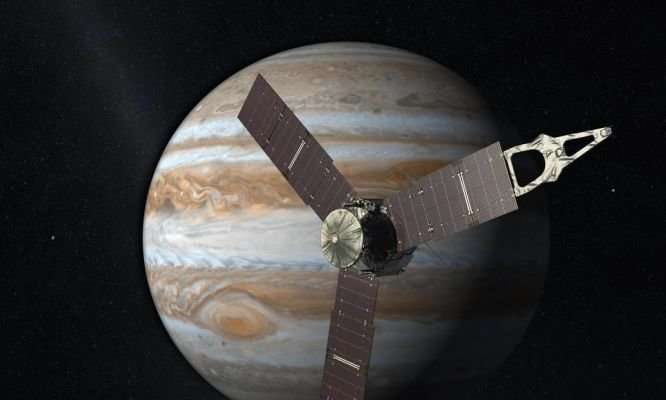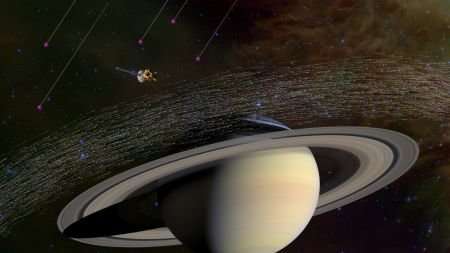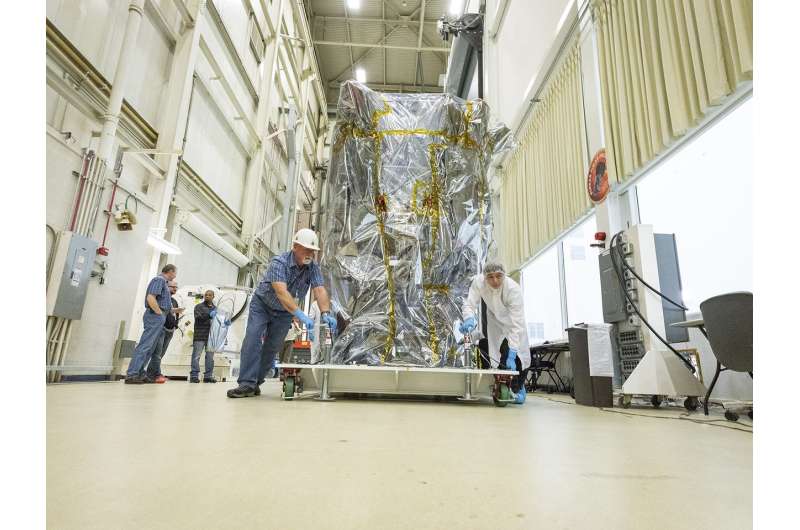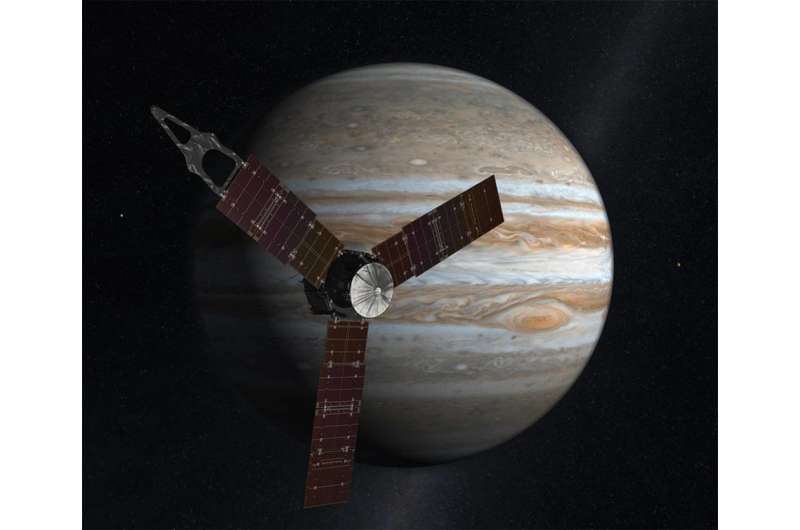Probe killers in deep space

In the cold reaches of deep space, something is making us kill our probes.
Our lone life-filled planet is always searching the universe for company. Observatories, satellites and even deep space probes grasp at the furthest reaches of space to find signs of life on other planets.
What kind of life? Well, while we'd all like to find little green men some day, it's bacteria that astronomers are really interested in finding in our Solar System. But the very spacecraft we send to look for this life could end up endangering it.
To stop this from happening, astronomers do the unthinkable: they kill their probes.
The im-probe-able killer
Last year marked the fiery conclusion of the Cassini-Huygens mission. Its 20-year life ended as the probe ran out of fuel and was ordered to destroy itself by plunging into Saturn's deadly atmosphere. It might seem weird to purposely kill a probe that cost $3.9 billion to get to Saturn in the first place, but NASA had a good reason.
A probe left in orbit can get lost pretty easily. A piece of lost technology flying around Saturn at 110,000km/h could accidentally hit another probe we send in the future, completely destroying it. Space junk like this is already a problem we have on Earth.

It wasn't a lost opportunity, however. NASA turned Cassini's final moments into valuable data collection. The probe sent a live stream of images as it plunged into the planet's atmosphere, even as it was being crushed by Saturn's gravity. Cassini became humanity's first glimpse at Saturn's mysterious interior.
But there's another even more interesting reason for instructing Cassini to plunge to its death.
Two of Saturn's moons—Enceladus and Titan—could potentially hold the chemical soup needed for early forms of life. However, like stowaway rats on colonial-era ships, space probes carry bacteria from Earth. If a probe like Cassini was to accidentally crash on one of these moons, the bacteria could run loose. This would destroy the environment and kill any possible native life. So we're left with no choice but to sink their ship.
How to clean your probe
NASA tries to stop this without resorting to spacecraft murder. Before they send a probe into deep space, the equipment is stored in a clean room. There, they shower it in disinfectant, then pressure cook it, wash it in freezing cold acidic plasma or even bombard the probe with gamma radiation. But after all that effort, there will still be living bacteria.
There are forms of Earth life that can even survive deep space. We're not too worried about infecting our lifeless neighbours like the Moon, but places with liquid water could be breeding grounds for bacteria—whether it's alien or our own. That's why we're taking no risks.

Sailing into a stormy giant
Cassini isn't the only probe fated for a fiery death. NASA's Juno probe orbiting Jupiter will plunge into the gas giant's atmosphere in 2022 to protect its moon Europa from contamination.
It will be a sad but important death for the probe. Juno will dive into Jupiter, its signal dying as it reaches the planet's stormy atmosphere. There, deep within the mysterious interior of the planet, it will be crushed, melted, and finally vaporised.
In killing Cassini, astronomers protected Saturn's moons from Earth bacteria, so they can one day return to their unspoiled environments and continue the search for life. Thanks to the sacrifice of our spacecraft, we may one day get an answer to the question: are we alone in the universe?

Provided by Particle
This article first appeared on Particle, a science news website based at Scitech, Perth, Australia. Read the original article.


















